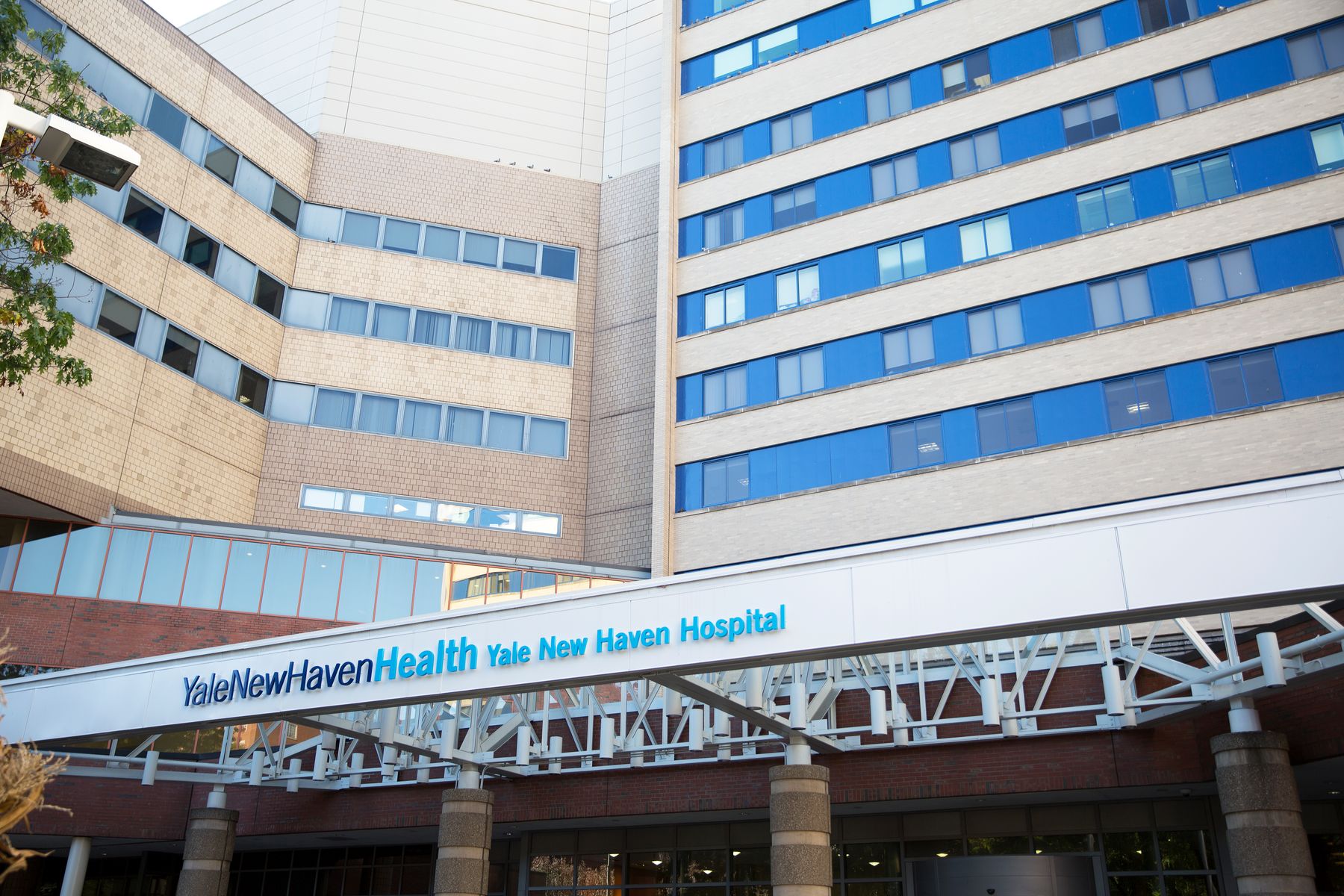
Yale New Haven Hospital
Yale New Haven Hospital recently launched the Capacity Command Center to synthesize key hospital operations and improve patient care.
Like other massive organizations, Yale New Haven Hospital has struggled in the past to maintain efficient communication across its various departments and thousands of employees, according to Robert Fogerty, professor of medicine at the School of Medicine. To address this problem, Yale New Haven Hospital partnered with the health care software giant Epic Systems to create a command center that consolidates many of its data and information systems in a single location.
“Sometimes in health care, we make the impossible look easy, but we struggle and trip on the simple tasks,” Fogerty said. “We can give someone a new kidney and send them out of the hospital, but sometimes we have people waiting for a bed for two to three hours just because there’s confusion as to how that bed needs to be cleaned.”
The CCC is a hub of information, a room covered in monitors displaying metrics ranging from patient discharges to the locations of available beds. By managing all of these statistics in the same physical space, the hospital is better able to coordinate its care, said Maribeth Cabie, who leads the Center. For example, she continued, if the hospital has incoming patients in a unit where all the beds are occupied, the CCC team can immediately identify the problem on the monitors and find available beds for the patients to use.
Other hospitals, such as The Johns Hopkins Hospital, have created their own command centers, though many have a more limited scope than the Yale New Haven Hospital one, said Ohm Deshpande, director of utilization review and clinical redesign at the hospital.
Thus far, the command center has had a number of successes, from handling large patient demand during the recent norovirus outbreak, to scheduling surgeries that required multiple surgeons, Deshpande said. Yale New Haven Hospital, along with every other hospital in the continental U.S., has been inundated with flu patients during this year’s unusually severe flu season. According to Fogerty, the command center was vital in organizing the hospital’s response to the increased demand for care.
“I think it’s fair to say that the command center proved its merit,” Fogerty said. “We were able to do things that have never happened before, and we did it with a speed that was remarkable.”
Before the establishment of the CCC, hospital employees often worked in “silos,” Fogerty said. Employees had situational awareness of their work and the environment around them, but were somewhat disconnected from the hospital’s other operations. This led to a number of inefficiencies, he said. For example, a patient might be waiting for a certain test, while on the other end, the administrator of the test might be under the impression that the patient was not yet ready. At the most basic level, simply putting hospital employees in the same room where they can talk face-to-face may eliminate many of those inefficiencies, Fogerty concluded.
“What it really comes down to is: How do we make sure that we’re using all our resources as efficiently as possible to make sure that we’re providing the best patient care?” Deshpande said. “In a hospital, there are a lot of moving parts, and this is really an effort to bring them together,” he added.
The CCC has been in operation since Oct. 10, Cabie said. The team considers the center to be a “learning lab” where the team can adapt its practices based on what is found to be most effective, she said.
Yale New Haven Hospital has worked with Epic Systems — its partner on the project — for a number of years, Deshpande said. In addition to managing some of the hospital’s data, the company has proven a valuable IT resource for the CCC team.
“Robust capacity management is a key component to improving both quality of care and patient satisfaction,” wrote Epic President Carl Dvorak in an email to the News on Feb. 1. “We are proud to support innovators like Yale New Haven Hospital as they leverage Epic technology to advance their operational efficiencies.”
The CCC team plans to use the vast collection of data it has amassed to identify key patterns and make predictions on a variety of metrics. They will then use these findings to increase efficiency and improve patient care, Deshpande said. Given the center’s early successes, organizers also hope to adapt the project for implementation in the four other hospitals in the Yale New Haven Health System.
“It’s incredibly gratifying to see us move the needle on improving the efficiency and the effectiveness of the health care we provide,” Fogerty said. “And to do that in four months, it’s incredibly exciting and rewarding.”
In 1913, Yale New Haven Hospital, then called just New Haven Hospital, signed its first formal affiliation agreement with the Yale School of Medicine.
Maya Chandra | maya.chandra@yale.edu







